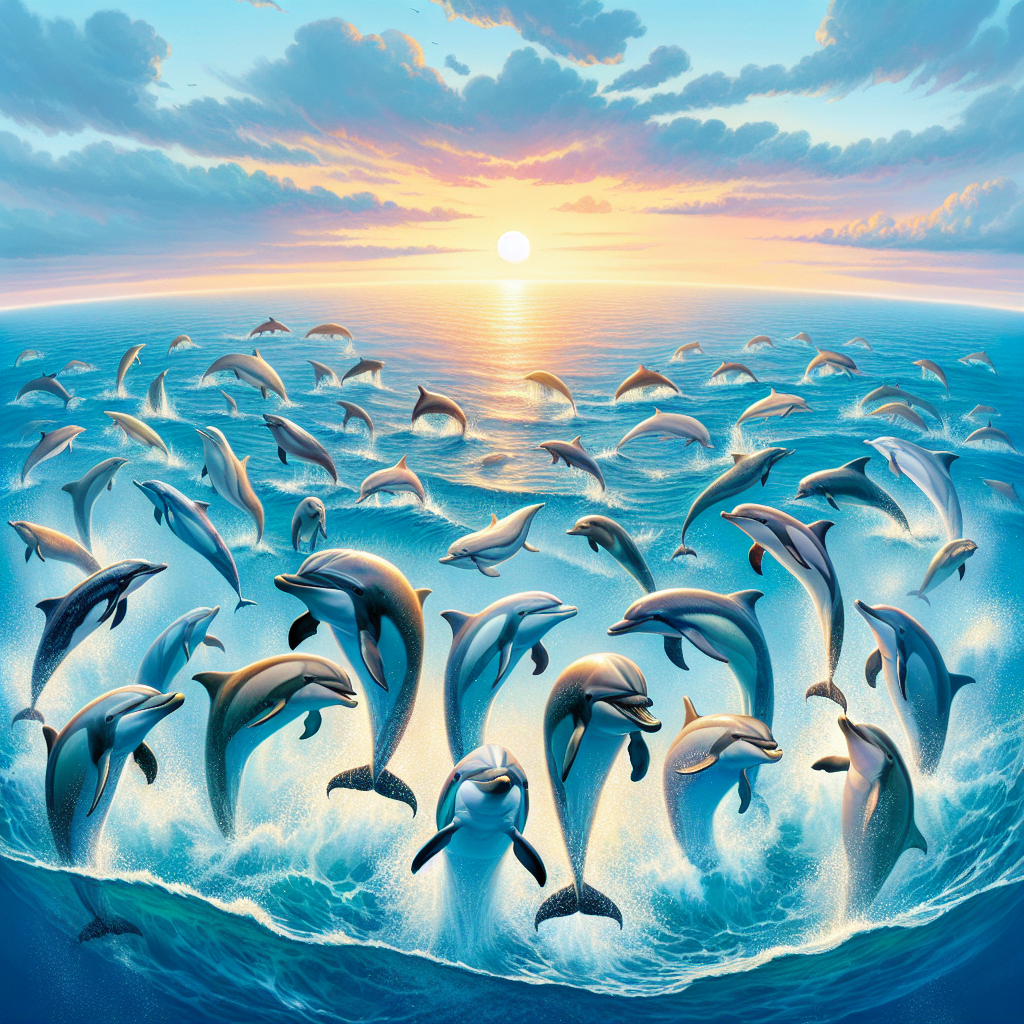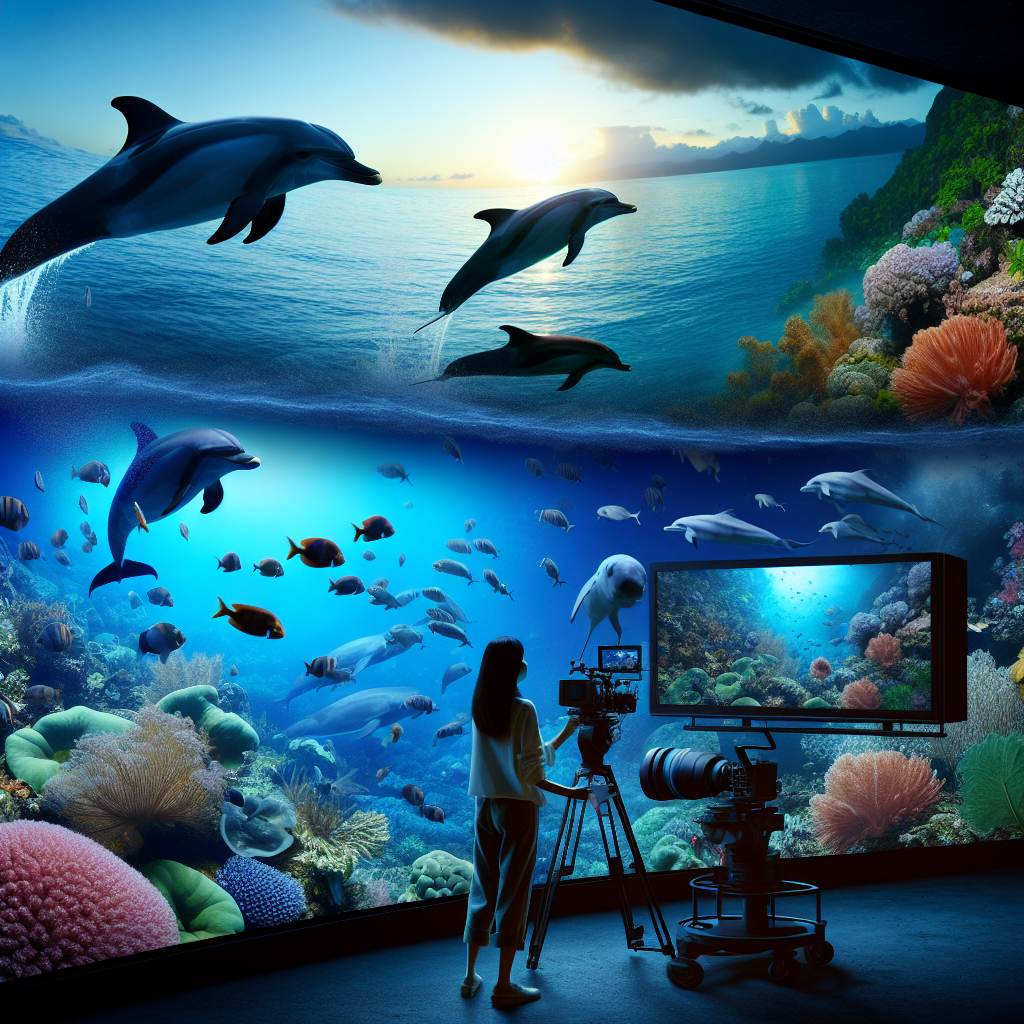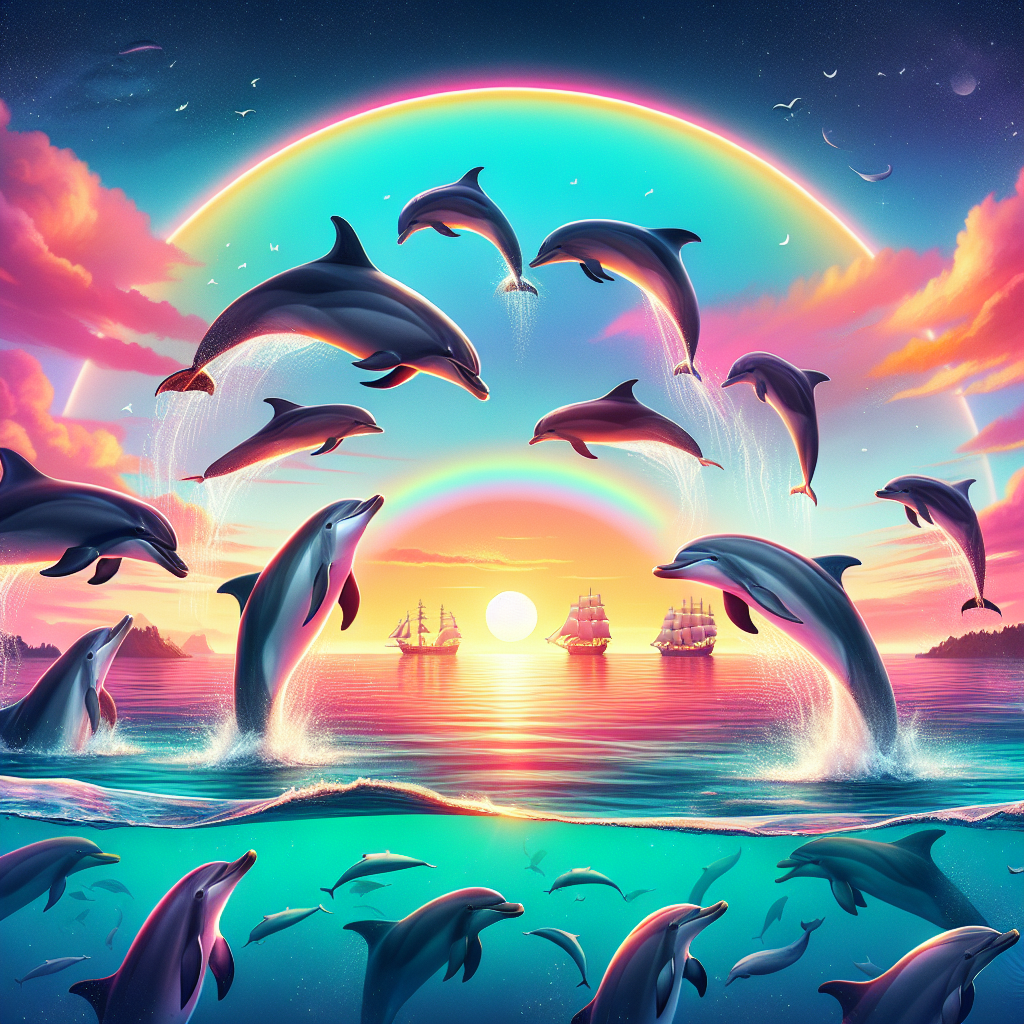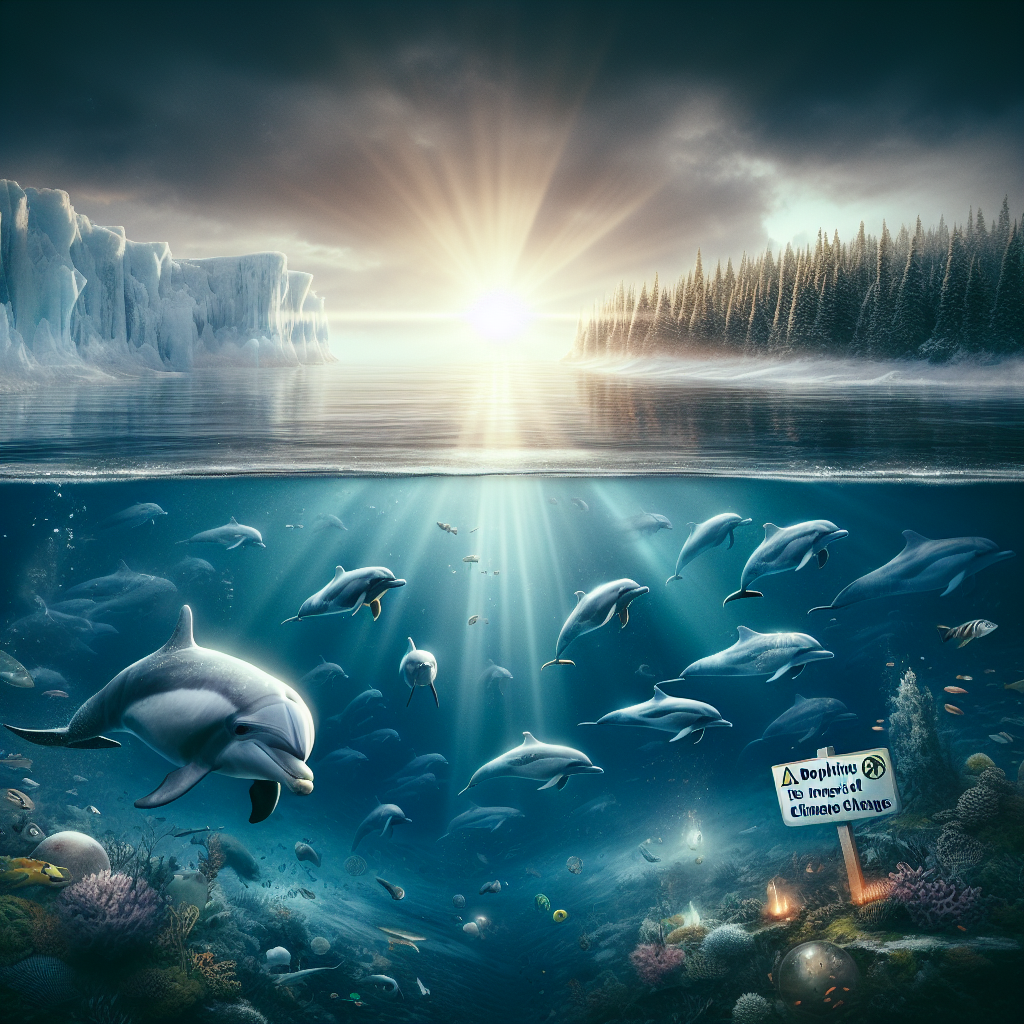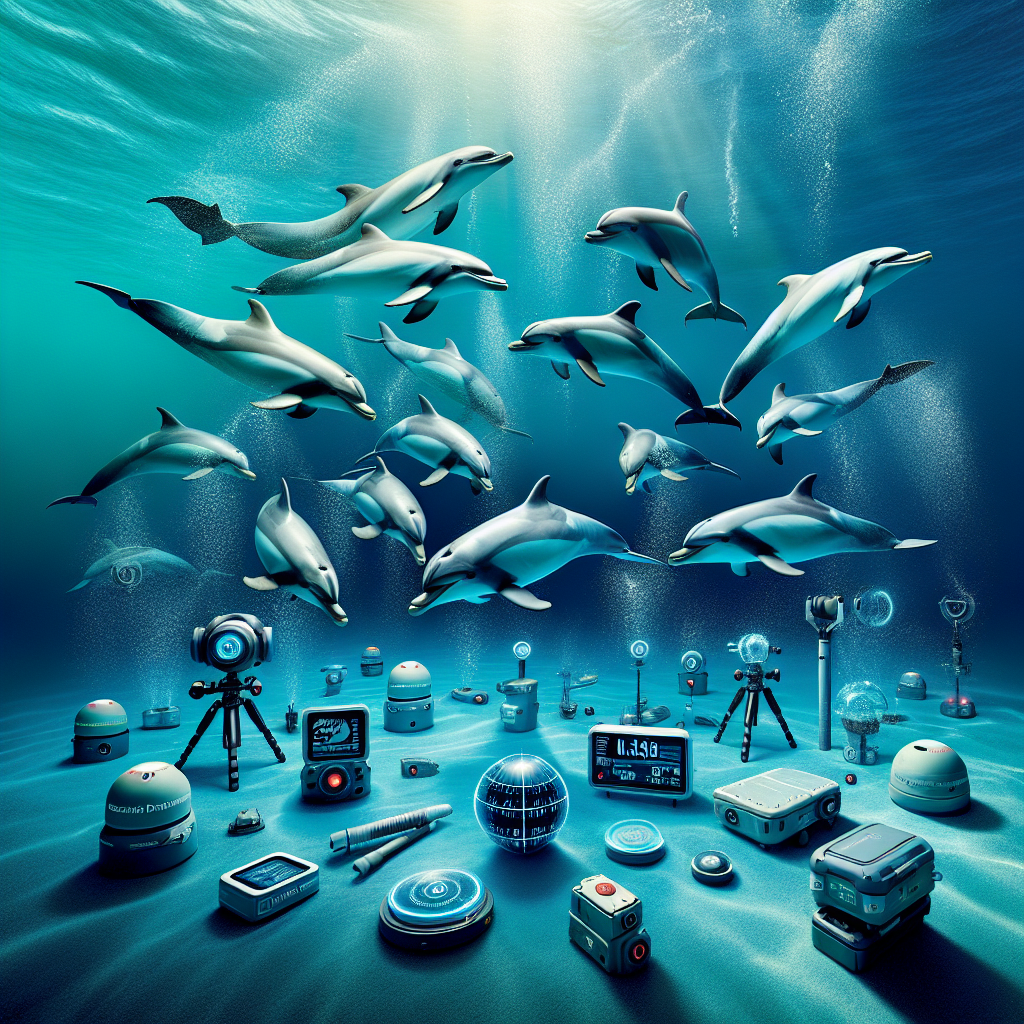The Role of Dolphins in Marine Ecosystems: More Than Just Charisma
Dolphins have long captivated human attention with their intelligence, acrobatics, and sociable nature. For centuries, these charismatic marine mammals have featured prominently in folklore, popular culture, and marine tourism. However, their significance extends far beyond their playful demeanor and stunning displays. Dolphins play a critical role in marine ecosystems, serving as indicators of ecological health, contributors to biodiversity, and essential players in the intricate web of ocean life.
Ecological Indicators
Dolphins are considered apex predators in many marine environments, primarily feeding on fish and cephalopods. Their presence in an ecosystem is often indicative of a balanced marine environment; healthy dolphin populations often suggest a robust and diverse food web. On the flip side, a decline in dolphin numbers may signal environmental stress or degradation.
Researchers utilize dolphin populations as bioindicators to assess the health of marine ecosystems. Changes in dolphin behavior, reproductive rates, and population dynamics can reflect broader ecological shifts caused by factors such as pollution, climate change, or overfishing. Monitoring dolphin populations can thus provide crucial insights into the overall condition of marine habitats, assisting scientists and conservationists in implementing targeted management strategies.
Biodiversity Contributors
While some may view dolphins as solitary creatures, many species exhibit complex social structures and cooperative hunting behaviors that enhance biodiversity within their habitats. For example, the bottlenose dolphin (Tursiops truncatus) is known for its intricate social networks and communication methods. Such interactions contribute to the strength and resilience of marine ecosystems.
Furthermore, dolphins often engage in a form of ecological engineering through their hunting practices. By herding schools of fish or stirring up sediment on the ocean floor, dolphins can enhance nutrient availability and create microhabitats for various marine organisms. This not only supports their own prey species but also benefits the overall biodiversity of the area, promoting a vibrant ecosystem.
Role in Food Webs
Dolphins occupy a crucial position within the marine food web. As predators, they help regulate fish populations, maintaining balance within their ecosystems. A well-balanced predator-prey relationship ensures the sustainability of fish stocks, which benefits both the marine environment and human fishing industries.
Moreover, the presence of dolphins can influence the migratory patterns and behaviors of other marine species. For instance, schools of fish may alter their movements in response to dolphin hunting strategies, which can have cascading effects on the entire food web. Thus, dolphins act as a control mechanism ensuring diversity and stability across marine ecosystems.
Impacts of Human Activity
Despite their essential roles, dolphins face numerous threats stemming from human activities. Overfishing, habitat degradation, pollution, and climate change pose significant challenges to dolphin populations and their habitats. The decline of dolphin species can lead to imbalances in marine ecosystems, highlighting the interconnectedness of all ocean inhabitants.
Conservation efforts aimed at protecting dolphin habitats, addressing pollution, and managing fish stocks are vital for preserving not only dolphin populations but also the overall health of marine ecosystems. Initiatives such as marine protected areas (MPAs) and sustainable fishing practices can help foster recovery and resilience in both dolphins and the ecosystems they inhabit.
Conclusion
Dolphins are more than just charismatic inhabitants of our oceans; they play indispensable roles in maintaining the balance and health of marine ecosystems. As apex predators, indicators of ecological integrity, and contributors to biodiversity, dolphins are integral to the ocean’s well-being. Protecting these remarkable creatures is not only a matter of conservation but essential for the sustainability of the marine environment as a whole. By understanding and respecting the multifaceted roles of dolphins, we can promote healthier oceans for future generations.


